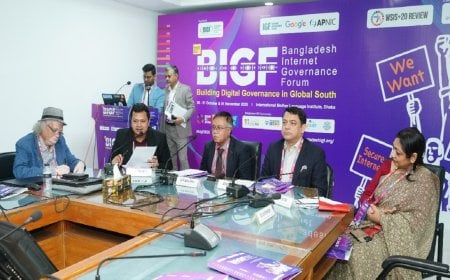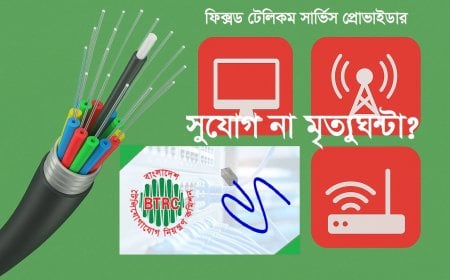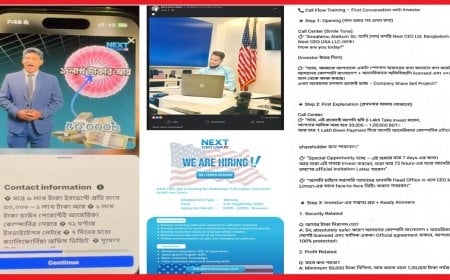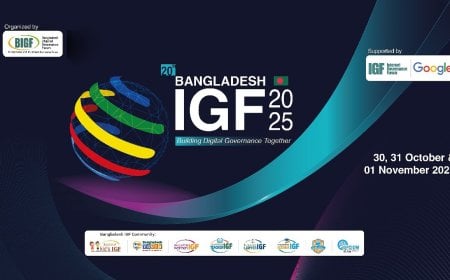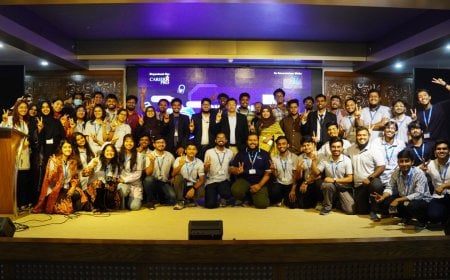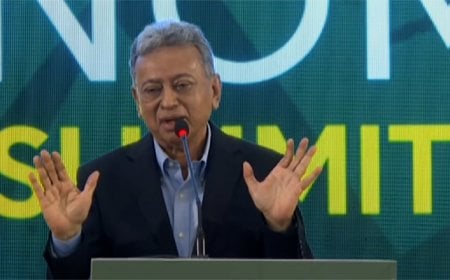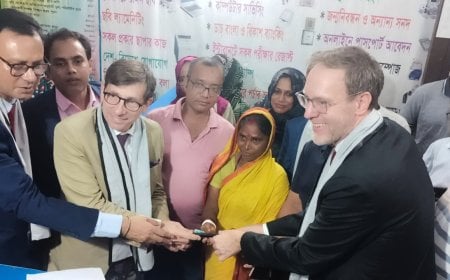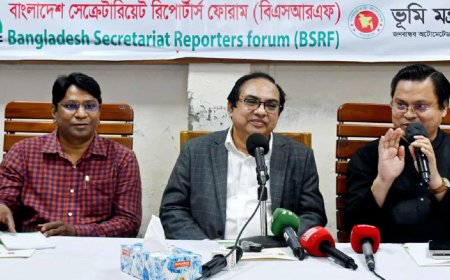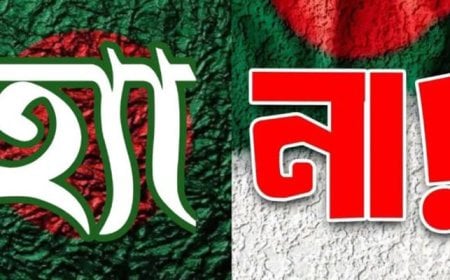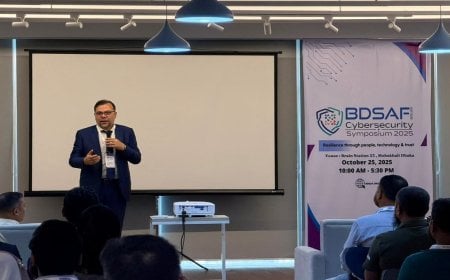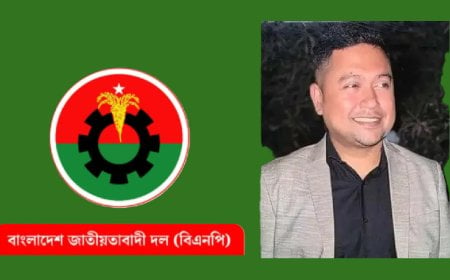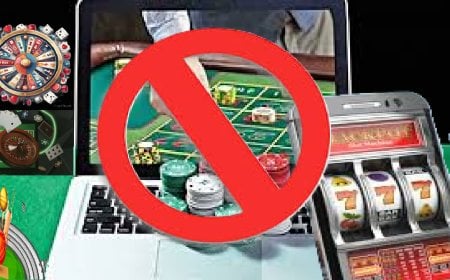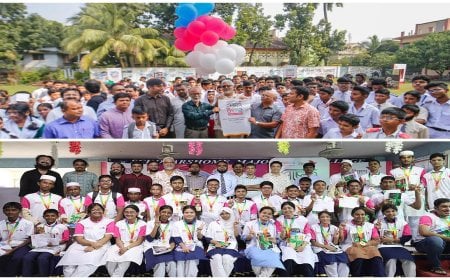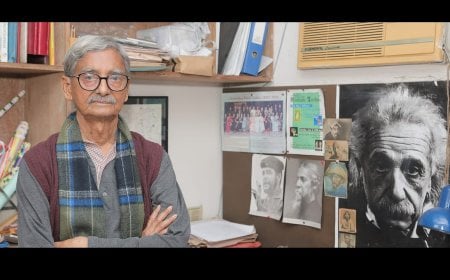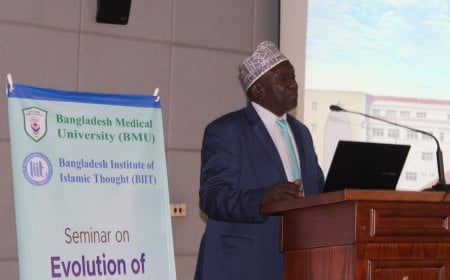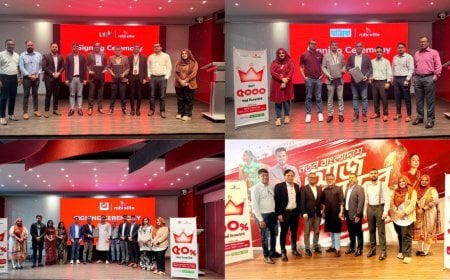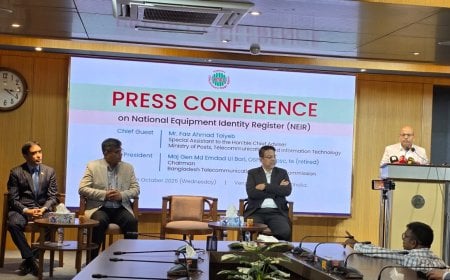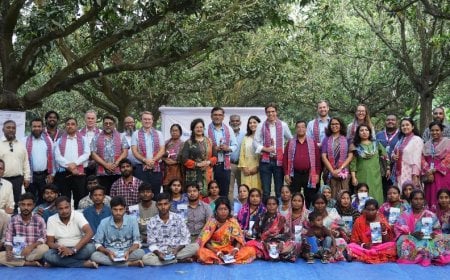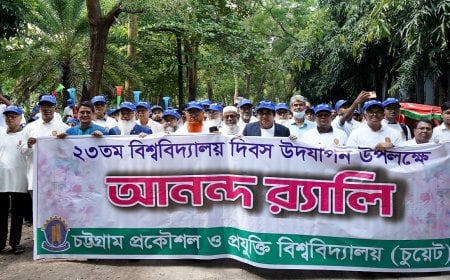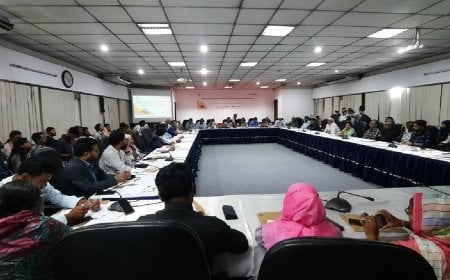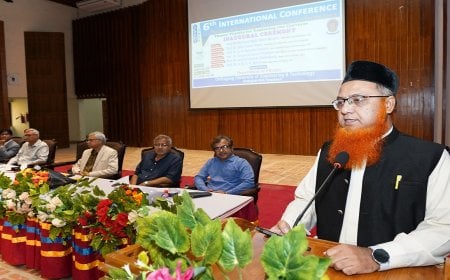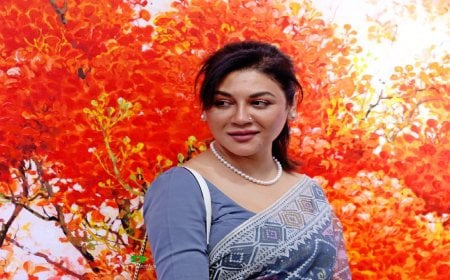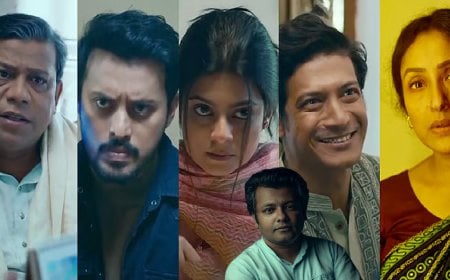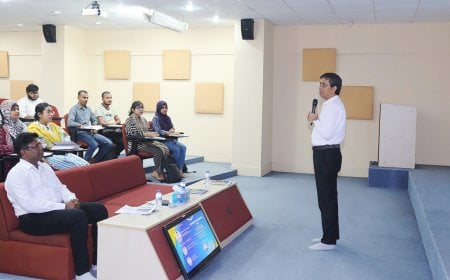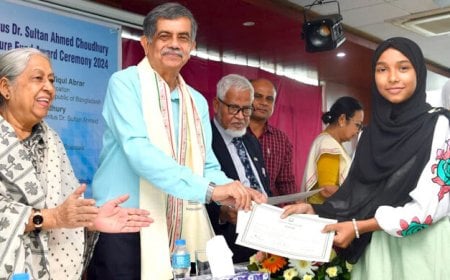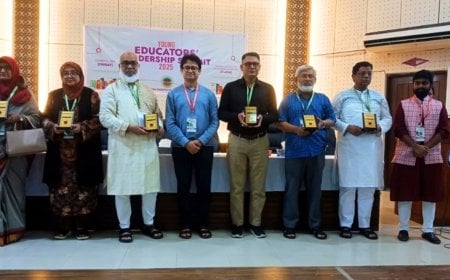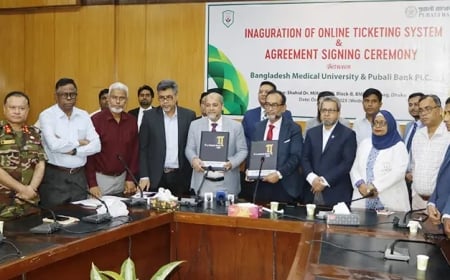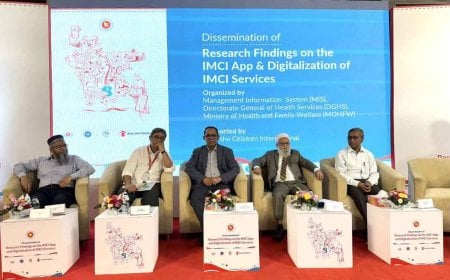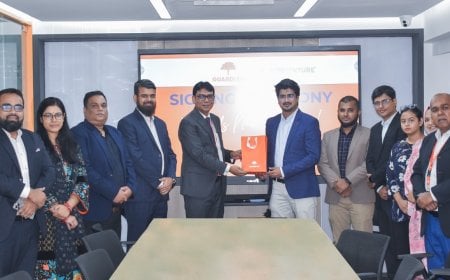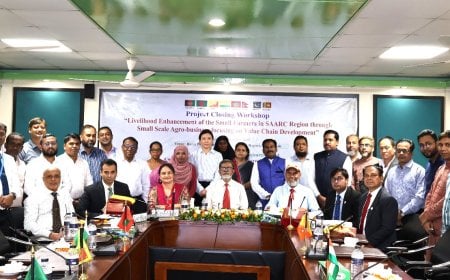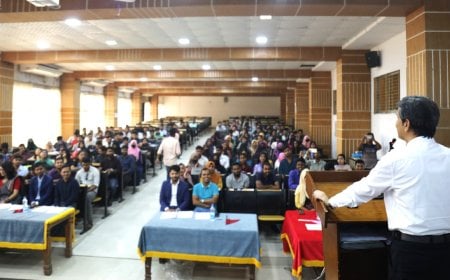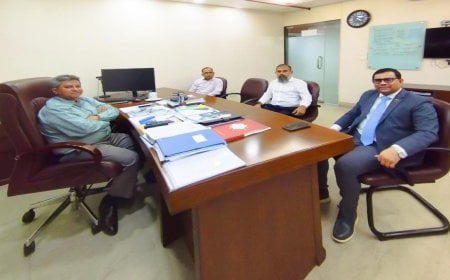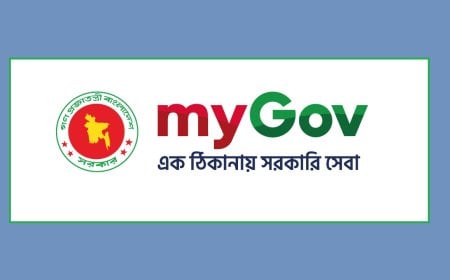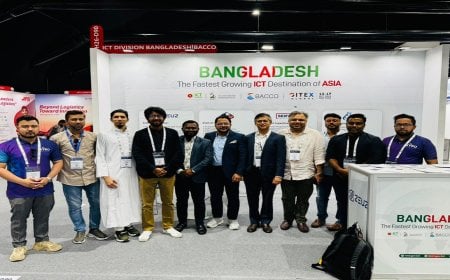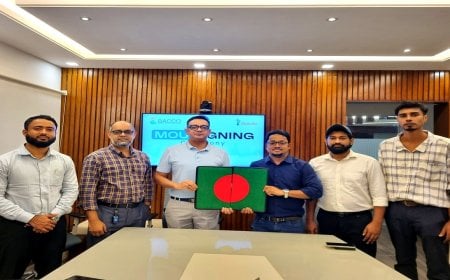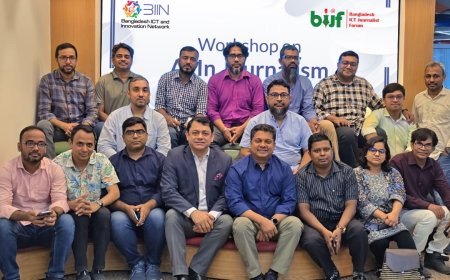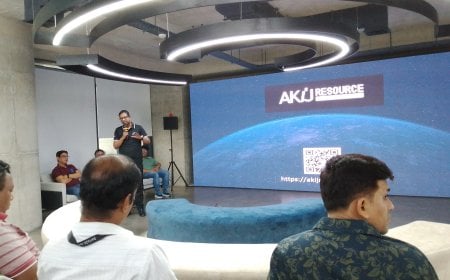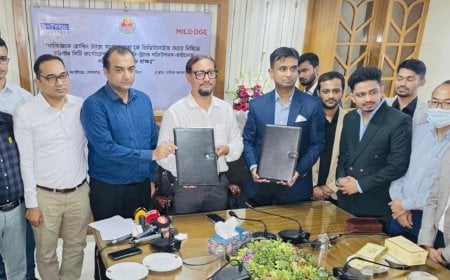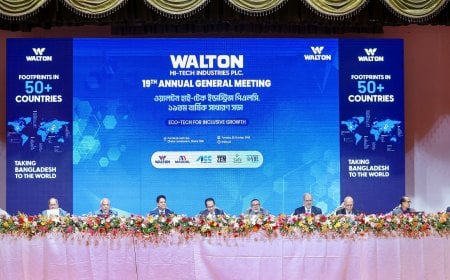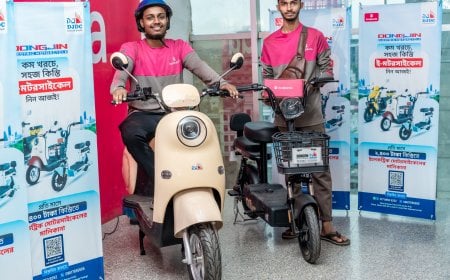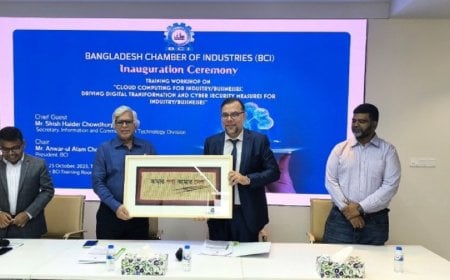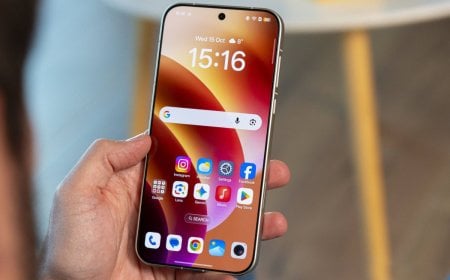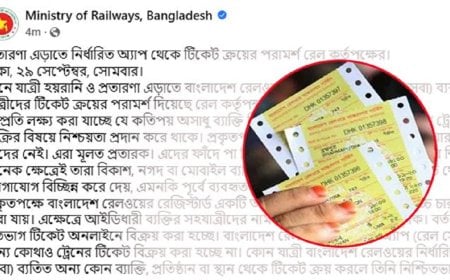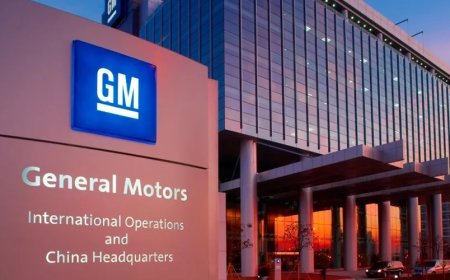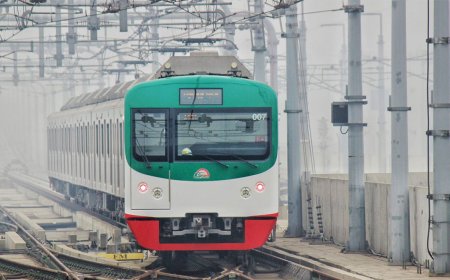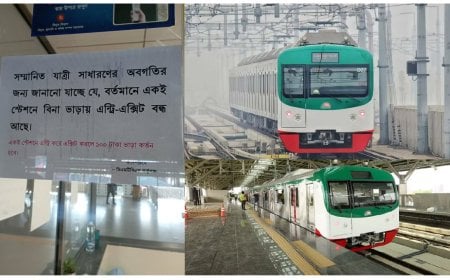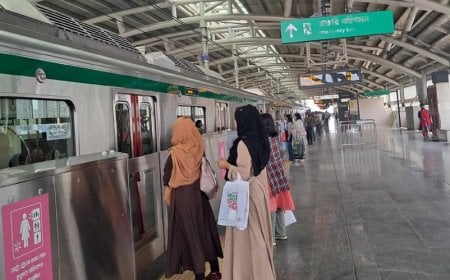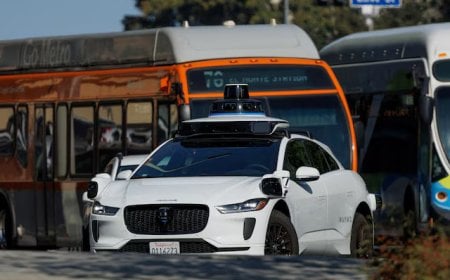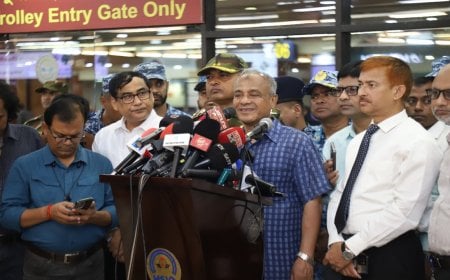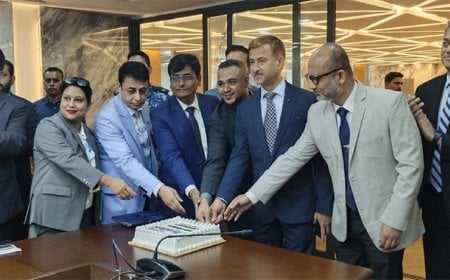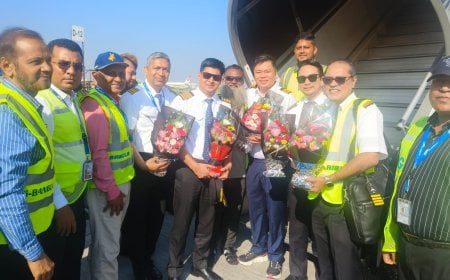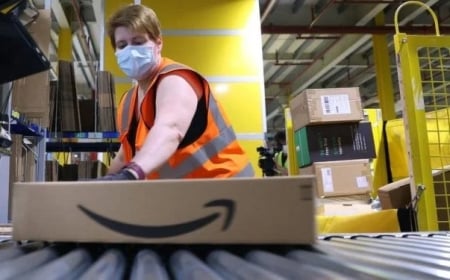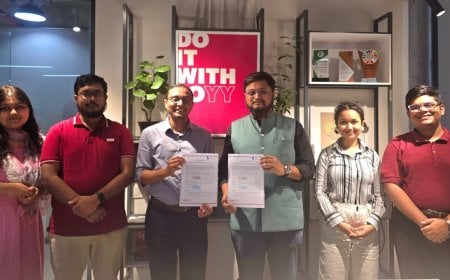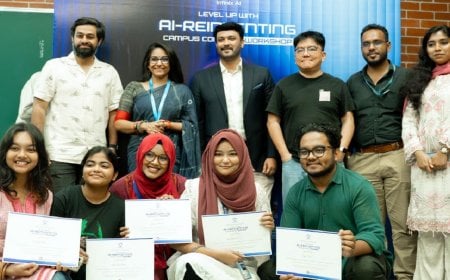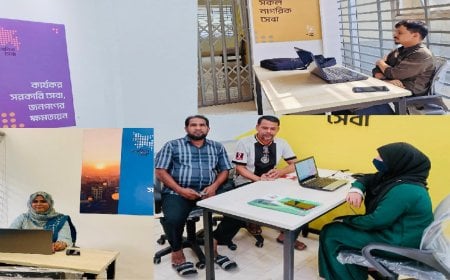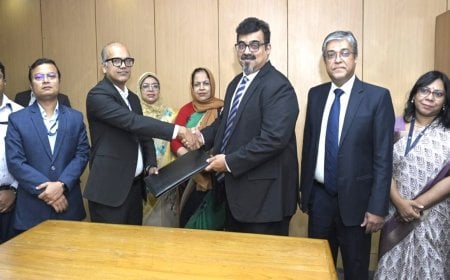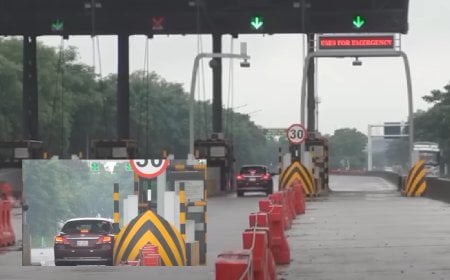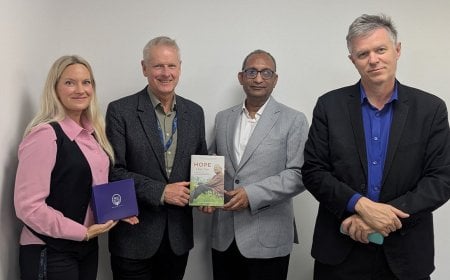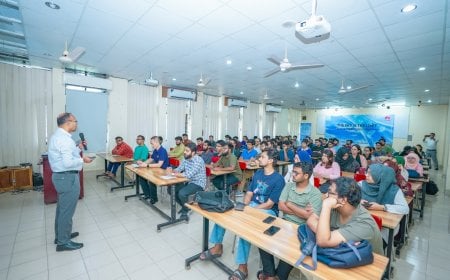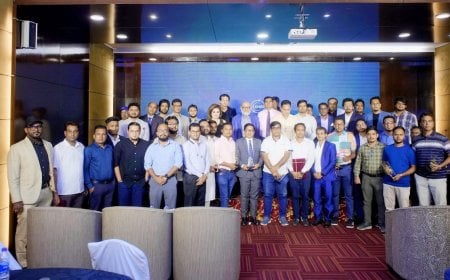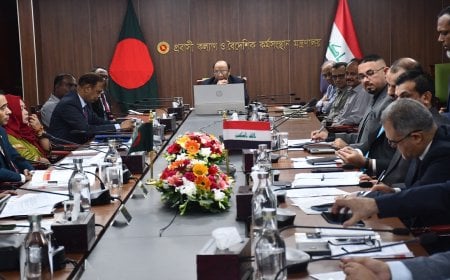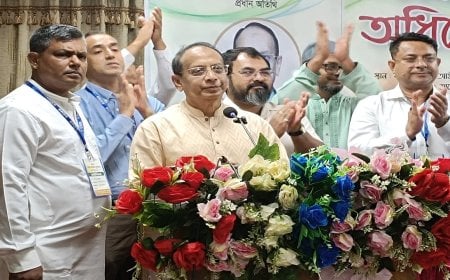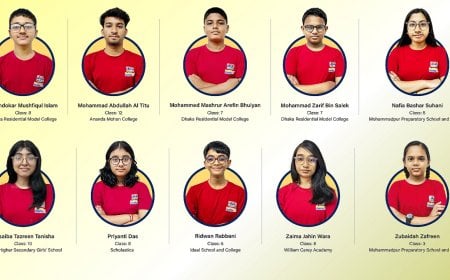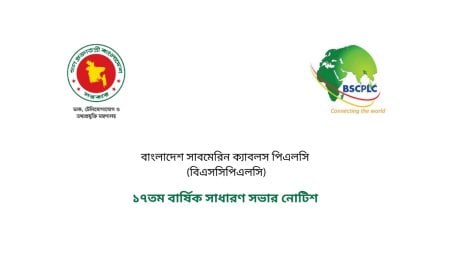Amir Khosru Calls for Contact-Free Governance, Independent BTRC, and PayPal Access
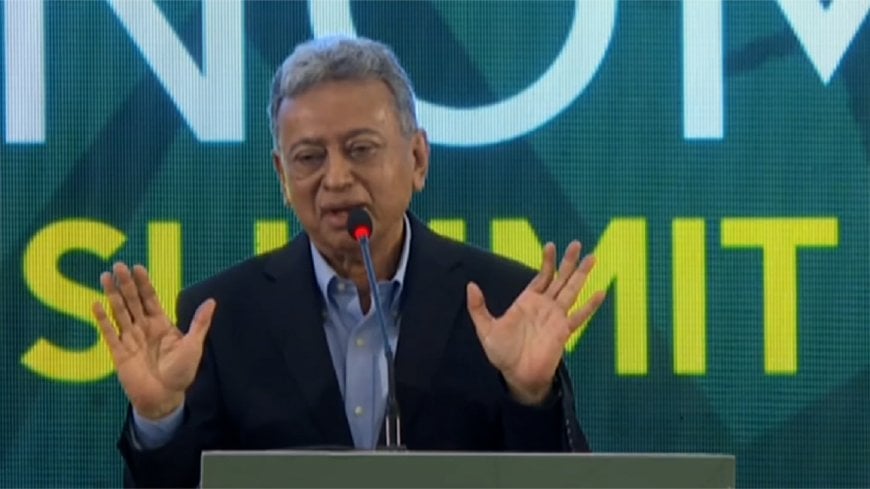
Bangladesh Nationalist Party (BNP) Standing Committee Member Amir Khosru Mahmud Chowdhury has emphasized the need to reduce or completely eliminate citizens’ physical contact with government offices in order to curb corruption. Highlighting the importance of expanding digital governance, he asserted, “All government services must be brought online.” He also expressed disappointment over the absence of PayPal for freelancers and the lack of operational independence of the Bangladesh Telecommunication Regulatory Commission (BTRC).
Speaking at the opening session of the Economic Reform Summit 2025 on Monday, October 27, at Lakeshore Hotel in Dhaka’s Gulshan, the former commerce minister said, although the country has around 250,000 freelancers, “we have failed to mainstream their earnings due to the absence of platforms like PayPal.” He added, “If a freelancer earns one to two thousand dollars a month, why can’t they bring their money into the country? If they can receive funds, they can also send payments abroad. We cannot keep the door half open—either it’s open or closed. The door must be fully open to attract investment.”
Khosru also stressed the need for uninterrupted trade operations: “To draw investment, trade and post services must remain open 24 hours. A few people cannot run BIDA (Bangladesh Investment Development Authority) alone. Bangladesh Bank must be given independence—not just autonomy. Likewise, BTRC is crucial; if it operates professionally and independently, the vast potential of the IT sector can be unlocked. We still haven’t developed proper call centers or data centers. Hence, we are bringing a comprehensive plan to promote IT-related businesses.”
Addressing liquidity shortages in banks and declining savings, he urged policymakers to focus on the IT sector: “To boost savings, we must bring our IT companies into the capital market and allow them to sell equity and bonds. We need to transition from a frontier market to an emerging market. That is why I have promoted online trading.”
He criticized bureaucratic overreach, stating, “The role of bureaucracy is to execute, not to formulate policy.” Questioning the persistence of in-person government services, he asked, “Why must citizens visit government offices to access services? Why should bureaucrats control everything? Why must people wait in offices and chase officers for basic services? Why are we not doing everything online?”
“We are working to completely end physical contact through e-governance,” he continued. “The less physical contact there is, the less corruption we will see. If everything can be done online, no one will need to visit government offices. In no civilized country are citizens forced to run to government offices for simple services like paying electricity bills, phone bills, or renewing passports.”
Focusing on economic reform and good governance, the BNP leader called for “serious deregulation” and reducing bureaucratic authority, saying, “Instead of emphasizing accountability alone, corruption and complexity can be significantly reduced by curbing bureaucratic power and restructuring the system.”
He also proposed expanding investment beyond manufacturing to include sports, theatre, and the IT sector. “If we build sports complexes in every district and establish a theatre district in Dhaka, millions of jobs could be created,” he said.
Khosru concluded by criticizing the current economic model as one that “has served a section, not the general people.” He called for a “new economic vision” through the democratization of the economy, ensuring every citizen can participate in and benefit from national prosperity. “Alongside mega projects, we must support rural artisans and potters with input assistance, design support, credit access, branding, and online selling platforms. They should be able to work from home without having to depend on anyone. The government must invest in this creative economy,” he added.
